Questions About the Foundation of the United States That Most People Get Wrong
Last year, PoliTech, a student group at Texas Tech University, conducted a survey on campus, asking basic questions about American history and current affairs. Surprisingly, many students struggled to answer questions like “Who won the Civil War?” and “Who is our vice president?”
This lack of historical knowledge isn’t limited to college students. Studies have consistently shown that Americans of all ages struggle with basic civic knowledge. For instance, a 2008 study by the Intercollegiate Studies Institute revealed that only half of adults could name the three branches of government. Similarly, the 2014 National Assessment of Educational Progress found that a small percentage of 8th graders were proficient in U.S. History and Civics.
1. The United States is a democracy.
A) True B) False
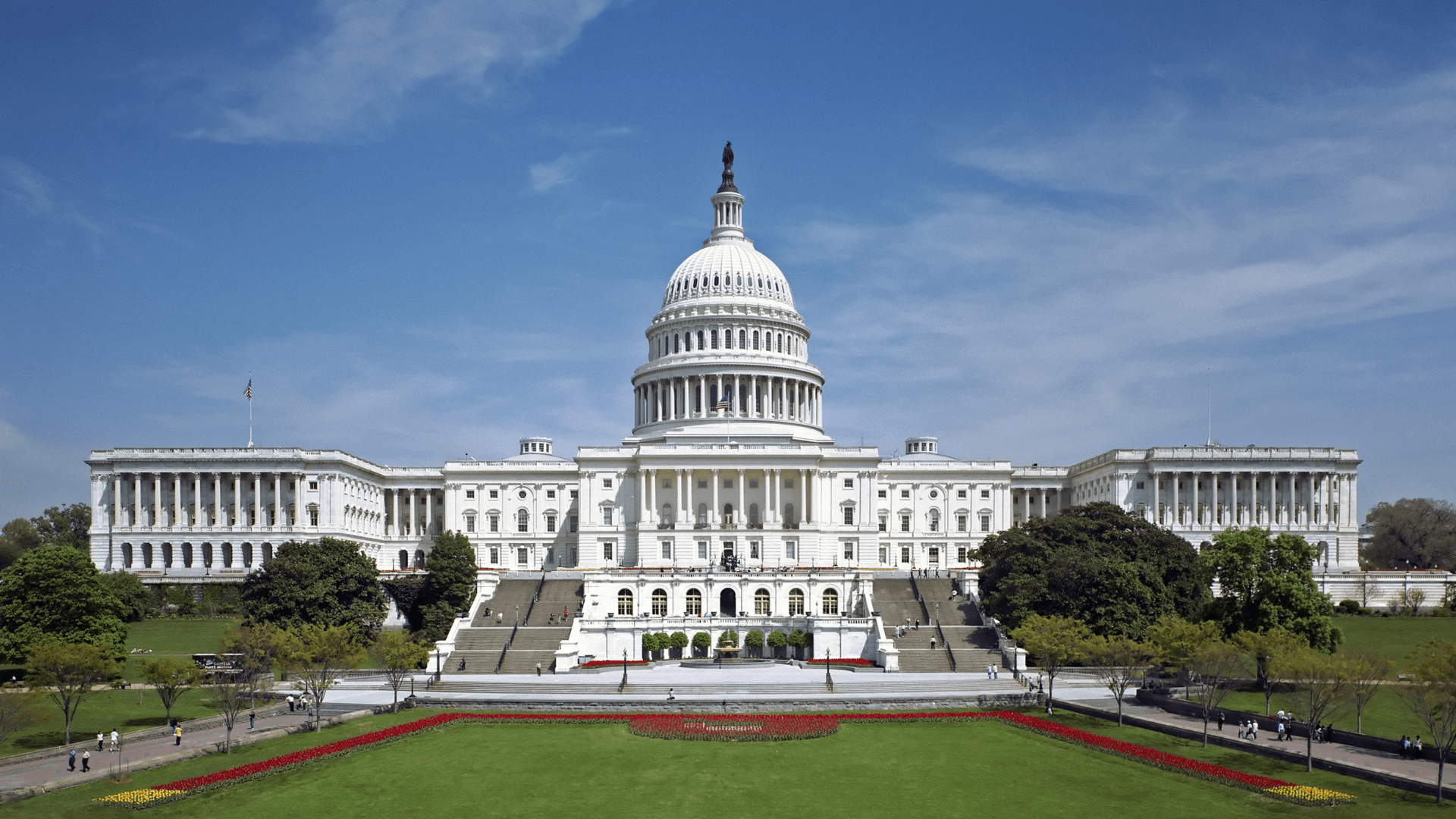
Ottojula/Wikimedia Commons
Answer:
False. American governance has long been a complex interplay of democratic and non-democratic elements. John Adams advocated for a “mixed” form of government, blending monarchy, aristocracy, and democracy. The federal Constitution, according to many founders including Adams, established a “republic,” emphasizing the rule of law over individuals. The Electoral College also diminishes direct voter influence in presidential elections, as seen in the contentious 2000 election between George W. Bush and Al Gore.

Ottojula/Wikimedia Commons
2. Which of the following words are part of the Declaration of Independence?
A) “They are endowed by the Creator with certain unalienable rights, that among these are the right to life, liberty, and the pursuit of happiness” B) “All persons born or naturalized in the United States are citizens of the United States” C) “No soldier shall, in times of peace, be quartered in any house, without the consent of the owner” D) “Congress shall make no law respecting an establishment of religion or prohibiting the free exercise thereof”
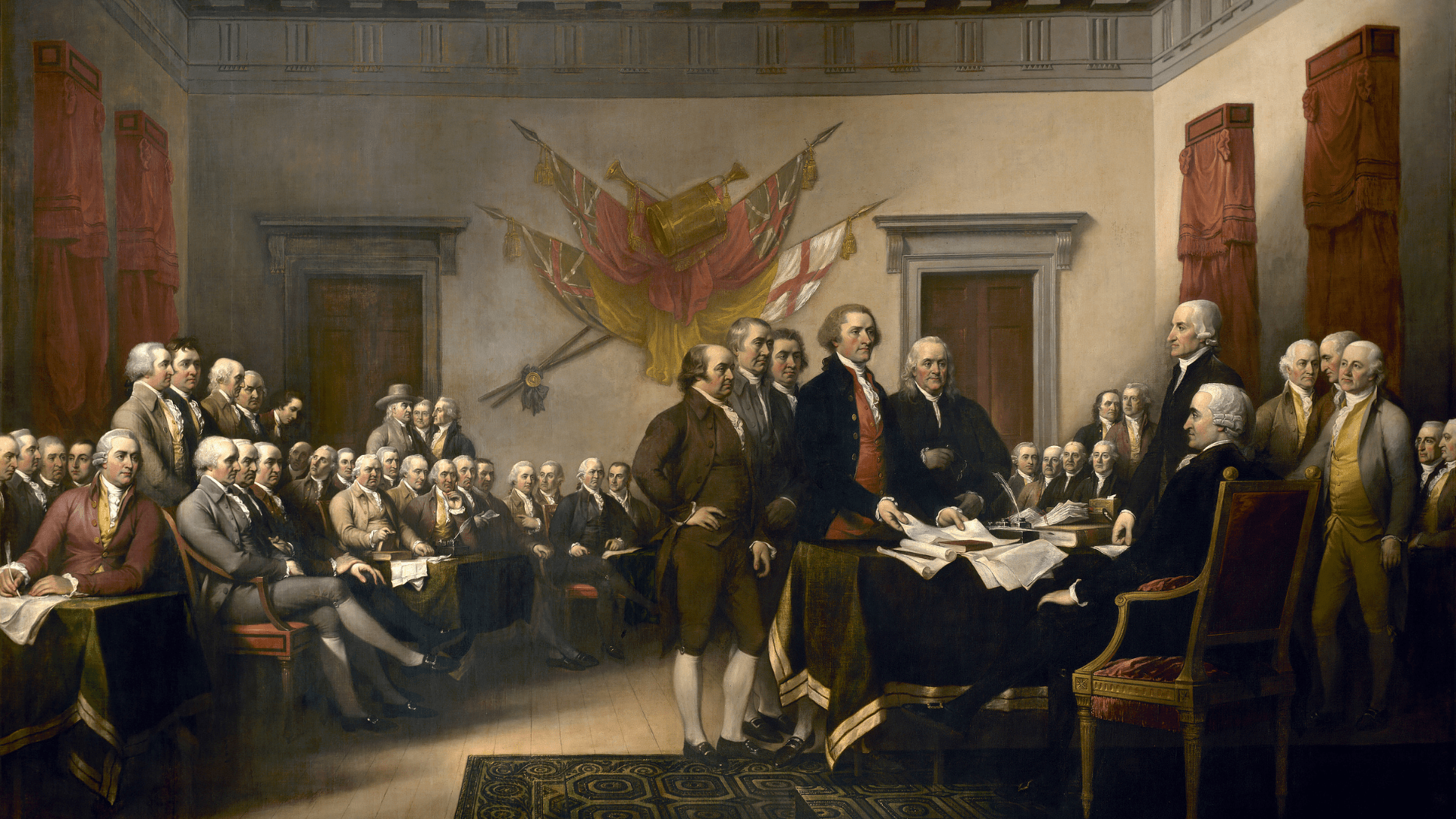
United States Capitol/Wikimedia Commons
Answer:
A) “They are endowed by the Creator with certain unalienable rights, that among these are the right to life, liberty, and the pursuit of happiness”

United States Capitol/Wikimedia Commons
3. Which action would be protected by the First Amendment?
A) A reporter publishes an article critical of city officials. B) A man on trial refuses to testify against himself. C) A woman asks to see a lawyer before answering questions from the police. D) A family refuses to permit soldiers to be housed in their home.
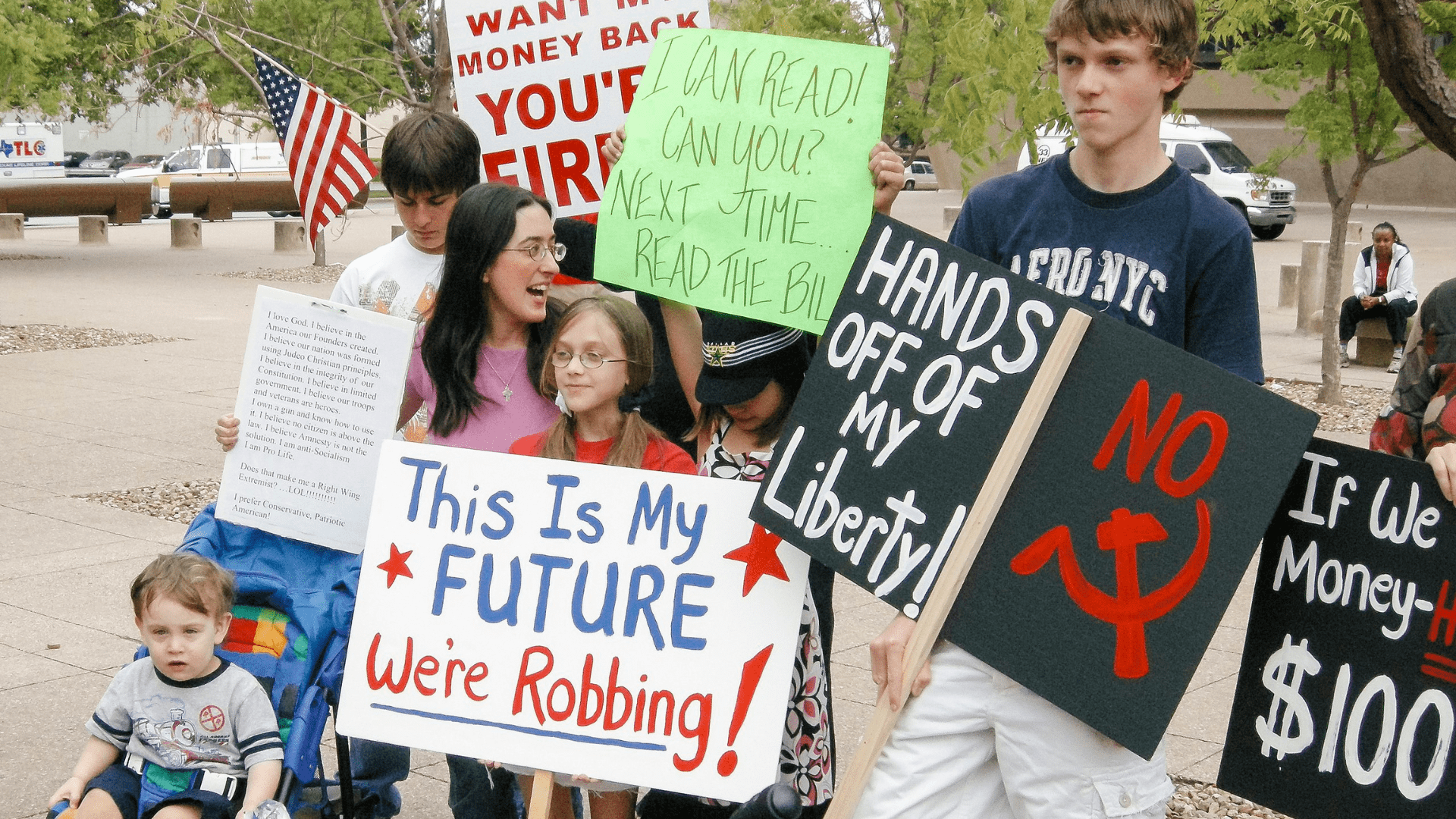
Matthew T Rader/Wikimedia Commons
Answer:
A) A reporter publishes an article critical of city officials.

Matthew T Rader/Wikimedia Commons
4. Which statement describes a limitation on government action established by the Bill of Rights?
A) Congress controls interstate commerce. B) The President shares control over foreign policy with Congress. C) The Supreme Court can declare acts of Congress unconstitutional. D) Government officials cannot enter a home without the owners permission or a valid search warrant.

Libervitbreaching/Wikimedia Commons
Answer:
D) Government officials cannot enter a home without the owners permission or a valid search warrant.

Libervitbreaching/Wikimedia Commons
5. Which principle was adopted in the US Constitution to ensure that no one branch of the federal government became too powerful?
A) Republican government B) Popular sovereignty C) Judicial review D) Checks and balances
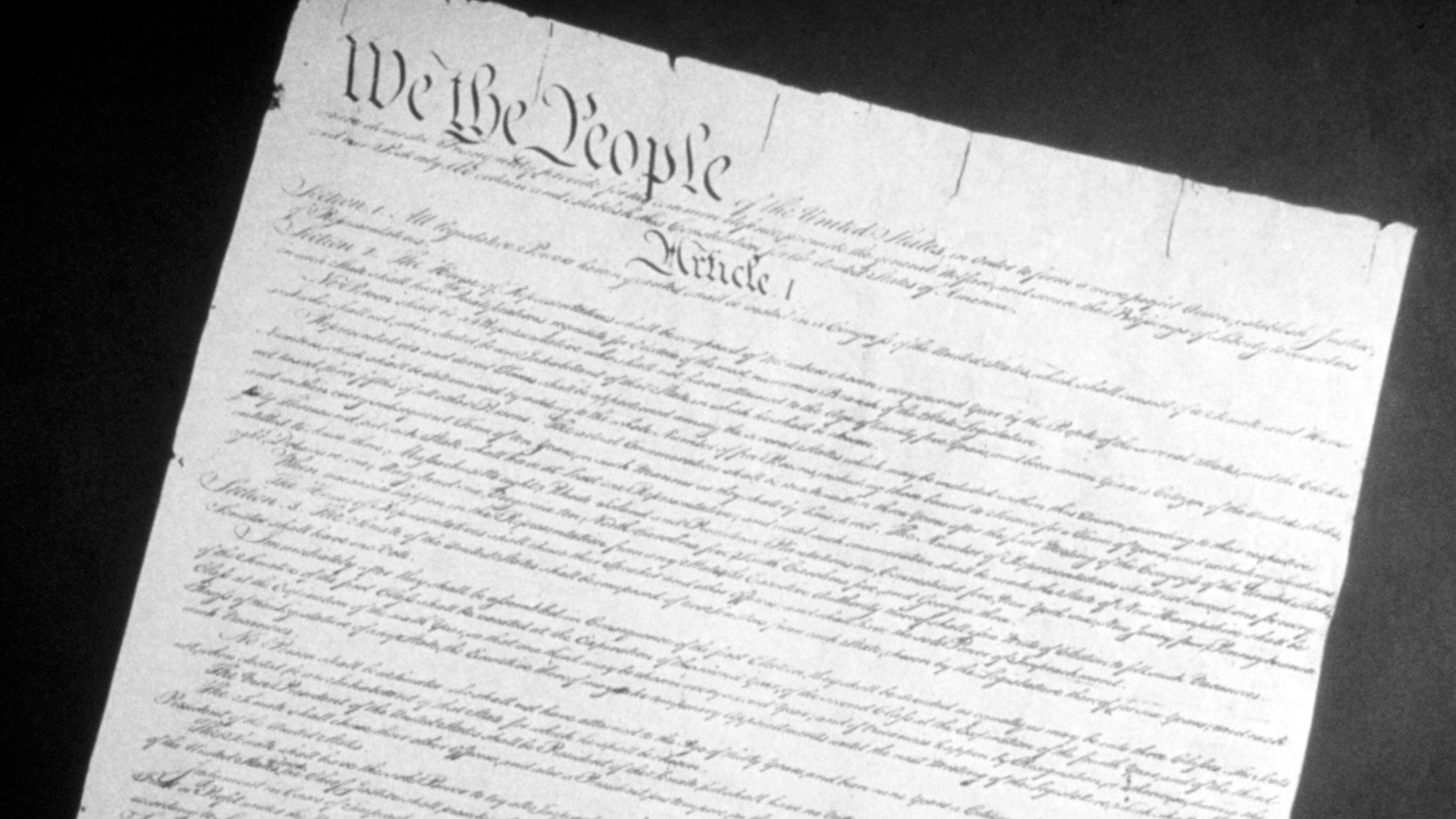
National Archives at College Park/Wikimedia Commons
Answer:
D) Checks and balances

National Archives at College Park/Wikimedia Commons
5. Who was Alexis de Tocqueville?
A) A member of the Continental Congress B) An early mayor of Boston C) An important French author who analyzed U.S. politics and society D) A Frenchman who befriended George Washington
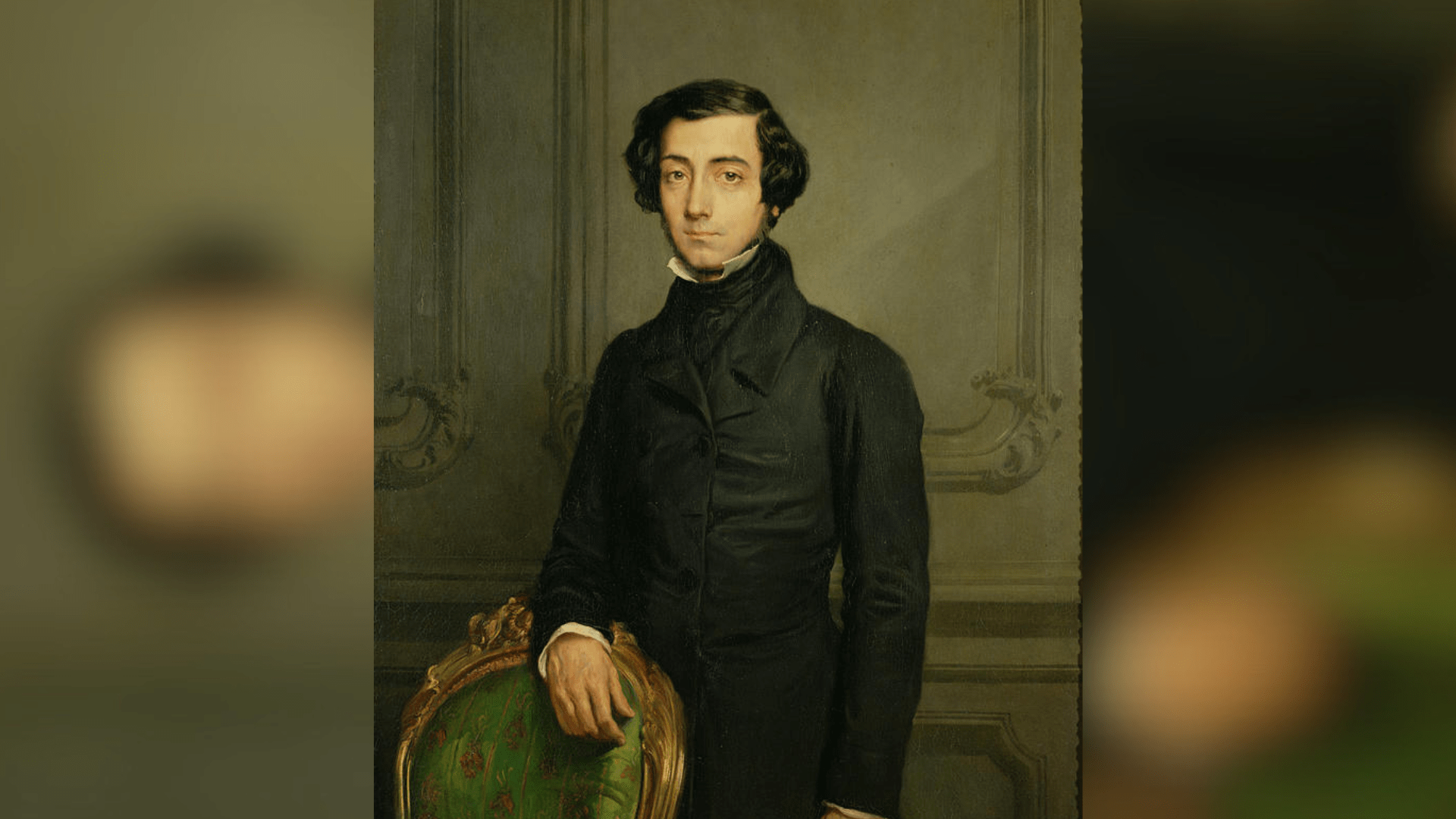
Musée de l’Histoire de France/Wikimedia Commons
Answer:
C) An important French author who analyzed U.S. politics and society. Alexis de Tocqueville (1805–1859) was a multifaceted figure in French history, renowned for his contributions as an aristocrat, diplomat, sociologist, political scientist, philosopher, and historian. His profound insights and writings continue to shape political thought and social analysis. One of his most significant works is Democracy in America (1835), where he delved into the political and social landscape of the United States during the early 19th century. Through this book, Tocqueville provided invaluable observations on democracy, individualism, and the pivotal role of civil society, which remain relevant in contemporary discourse.

Musée de l’Histoire de France/Wikimedia Commons
6. Which branch of government established in the original US Constitution was designed to be elected directly by citizens?
A) President B) Supreme Court C) House of Representatives D) The President’s Cabinet
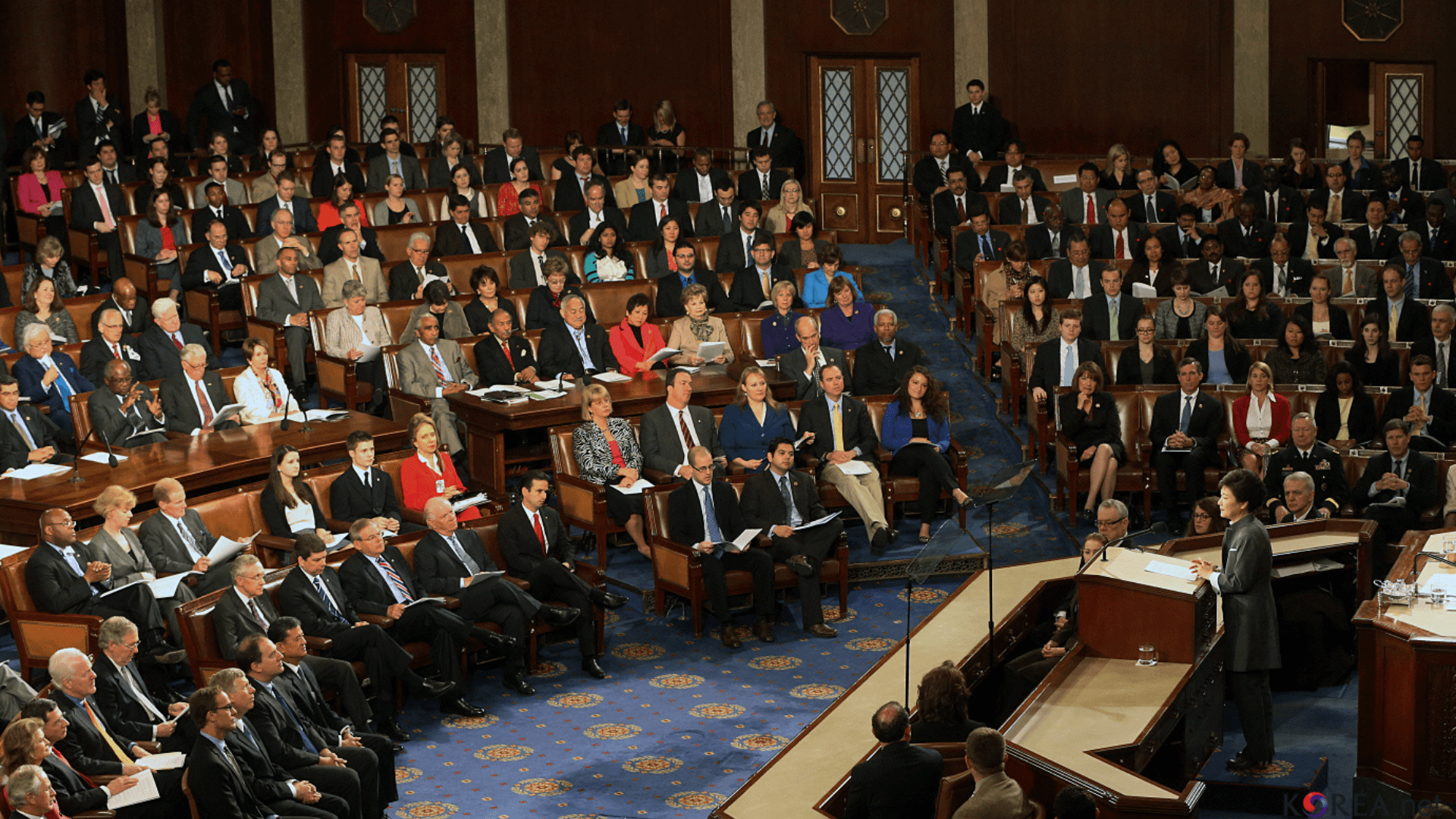
Korean Culture and Information Service/Wikimedia Commons
Answer:
C) House of Representatives

Korean Culture and Information Service/Wikimedia Commons
7. Under the federal system, the final authority is the _______________. It is also called the “supreme law of the land.”
A) president B) court system C) Constitution D) states
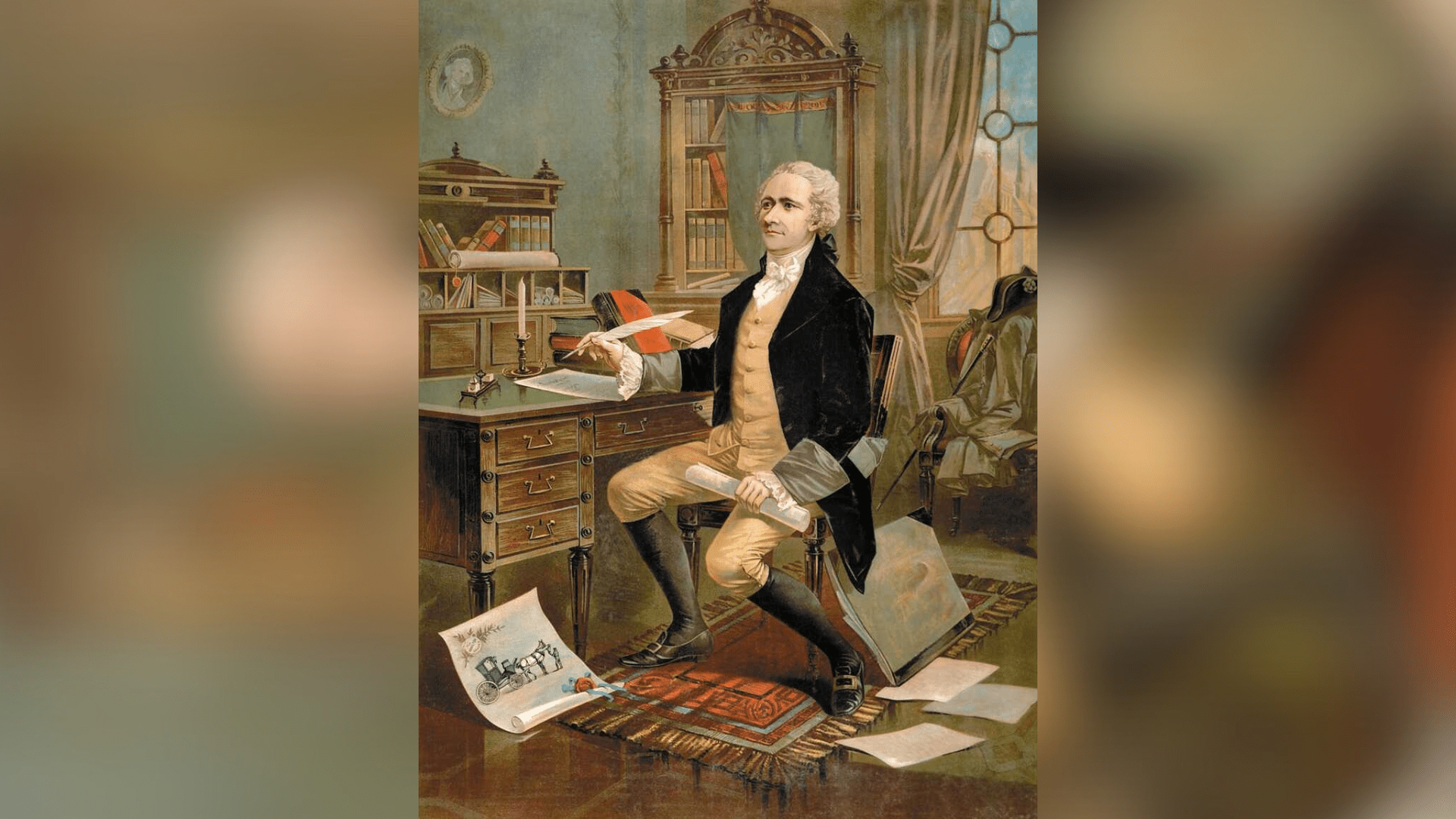
Forbes.com
Answer:
C) Constitution

Forbes.com
8. How many Branches of Government do we have in the US?
A) 1 B) 2 C) 3 D) 4
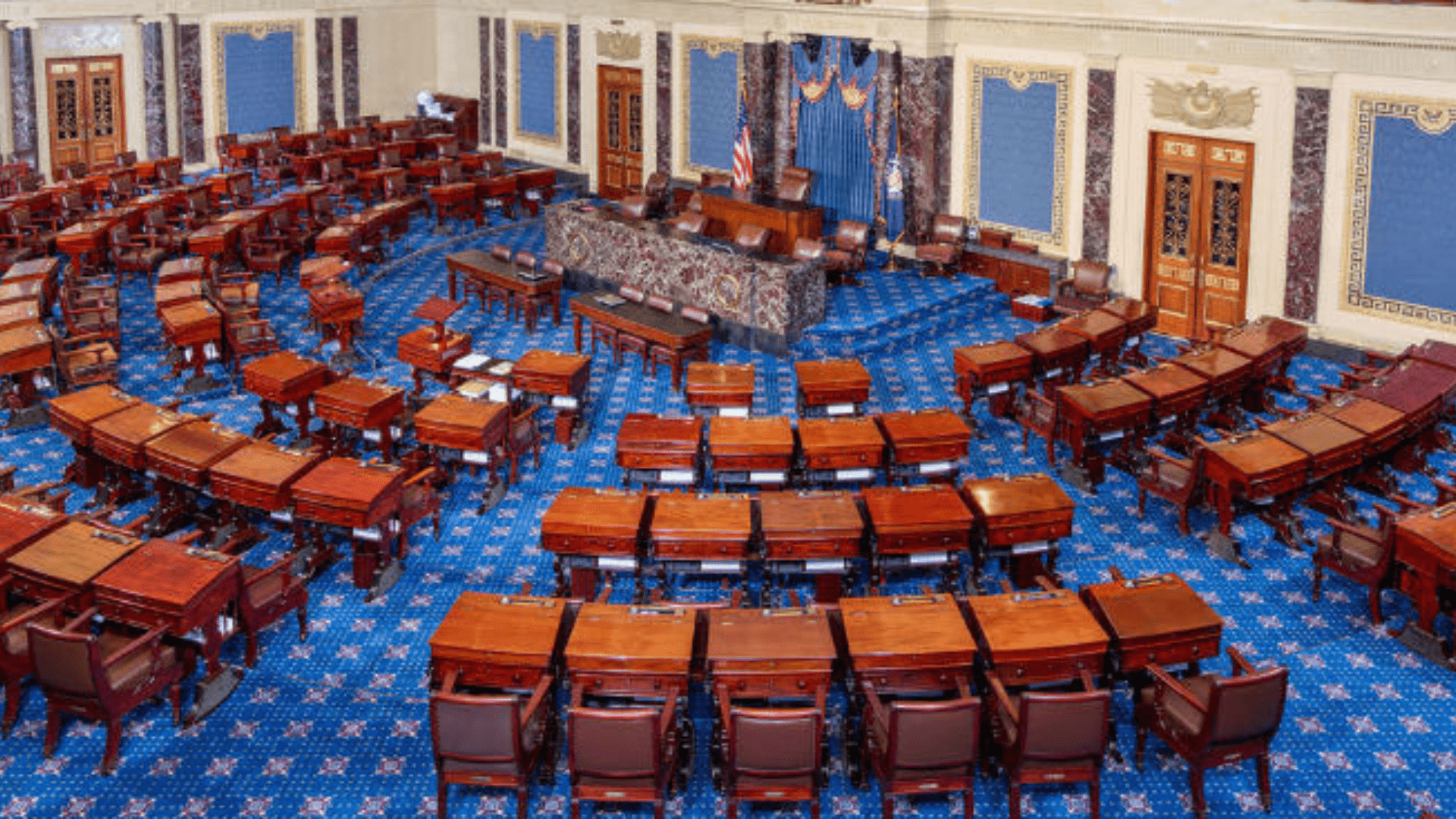
United States Senate/Wikimedia Commons
Answer:
C) 3

United States Senate/Wikimedia Commons
9. Which branch of government interprets the law?
A) Executive B) Judicial C) Legislative D) Presidential
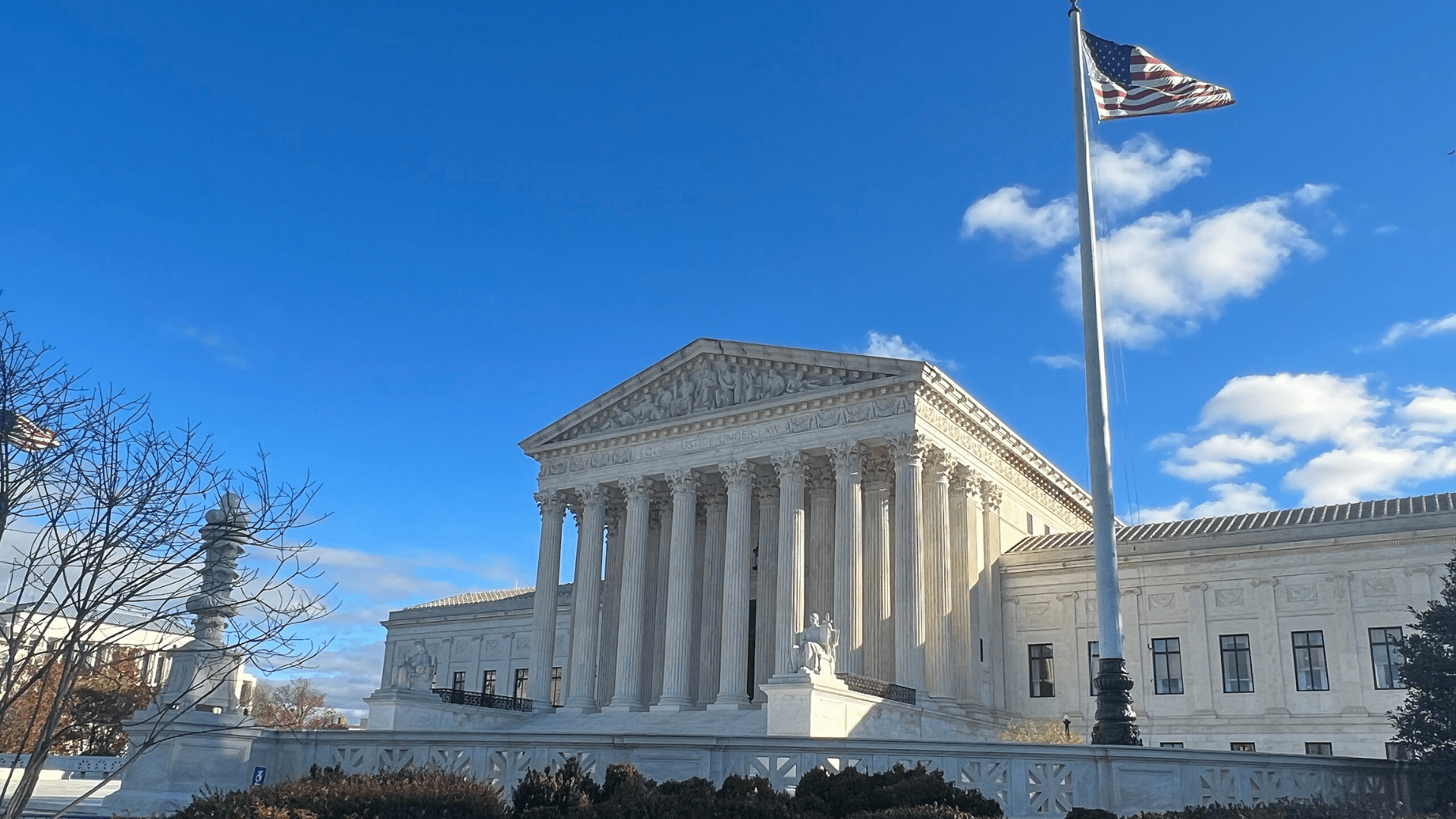
Pacamah/Wikimedia Commons
Answer:
B) Judicial

Pacamah/Wikimedia Commons
10. Who was the author of the Declaration of Independence?
A) George Washington B) Andrew Jackson C) Abraham Lincoln D) Thomas Jefferson
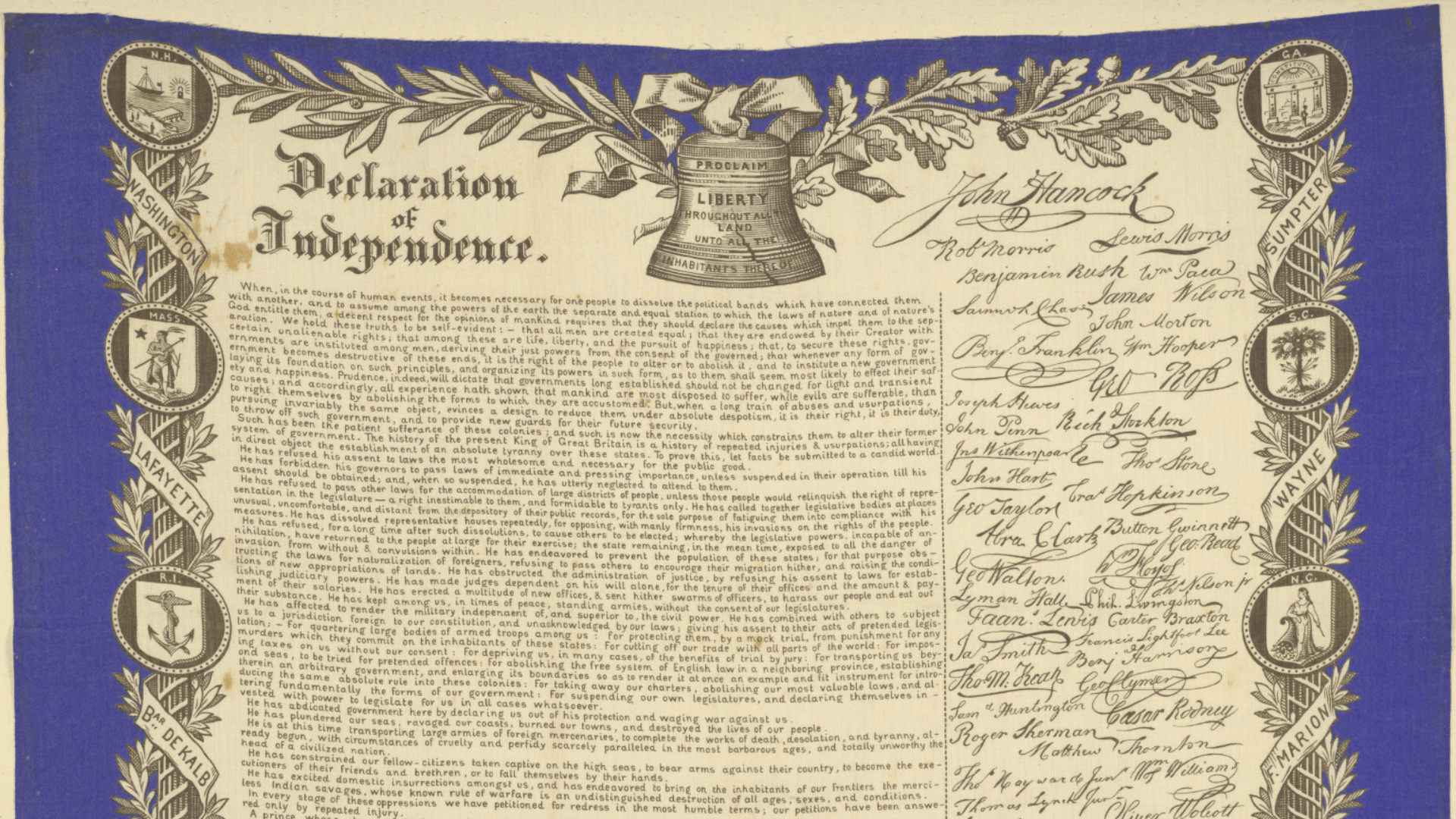
Cornell University Library/Wikimedia Commons
Answer:
D) Thomas Jefferson

Cornell University Library/Wikimedia Commons
11. The first 10 Amendments to the U.S. Constitution guarantee what principle?
A) Federalism B) Individual rights C) Separation of powers D) Popular sovereignty
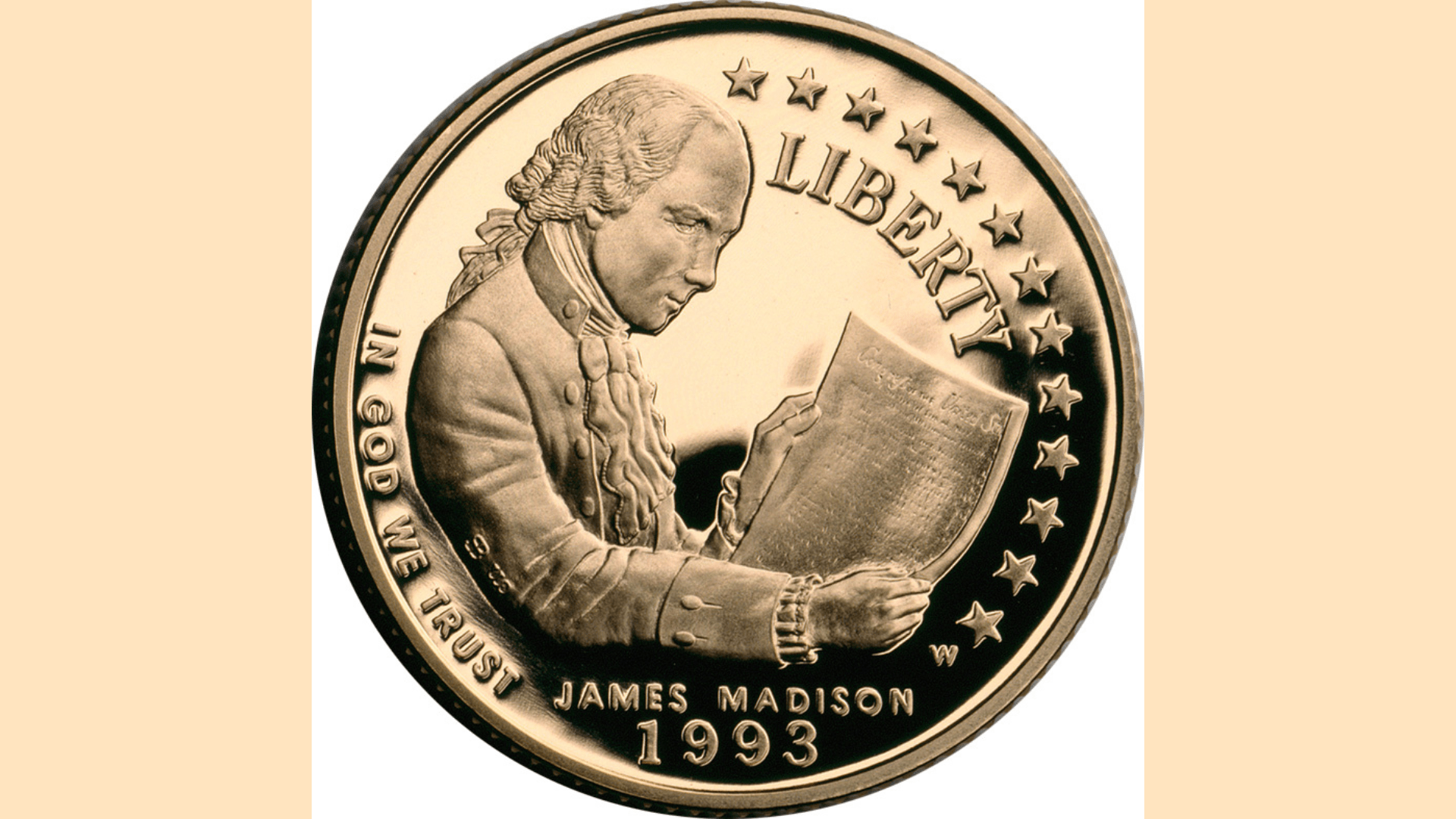
United States Mint/Wikimedia Commons
Answer:
B) Individual rights

United States Mint/Wikimedia Commons
12. What is a population count called?
A) Censorship B) Census C) Citizenship
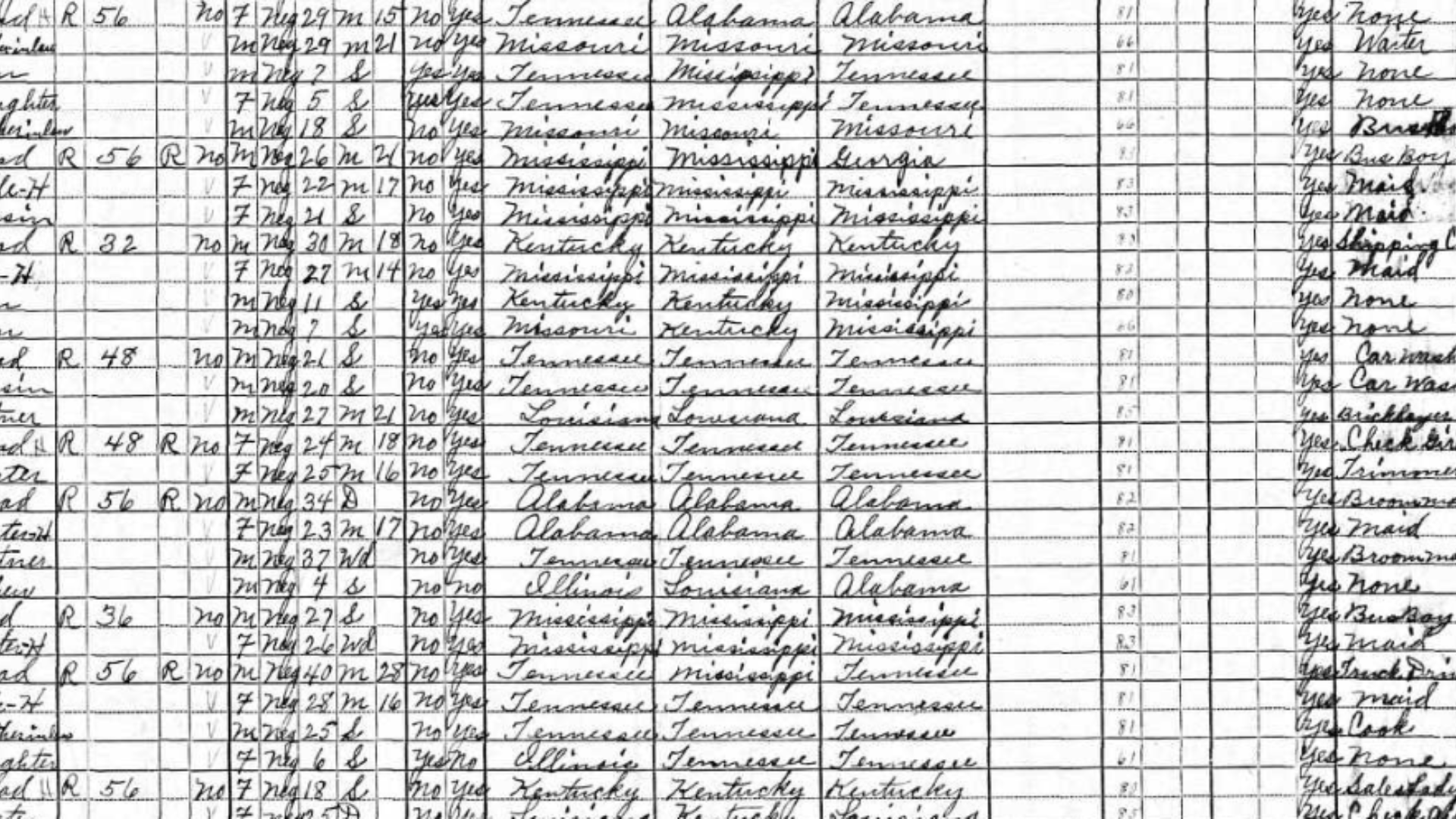
Archives.com/Wikimedia Commons
Answer:
B) Census

Archives.com/Wikimedia Commons
13. To establish and maintain public schools is which government's responsibility?
A) State B) National C) Both
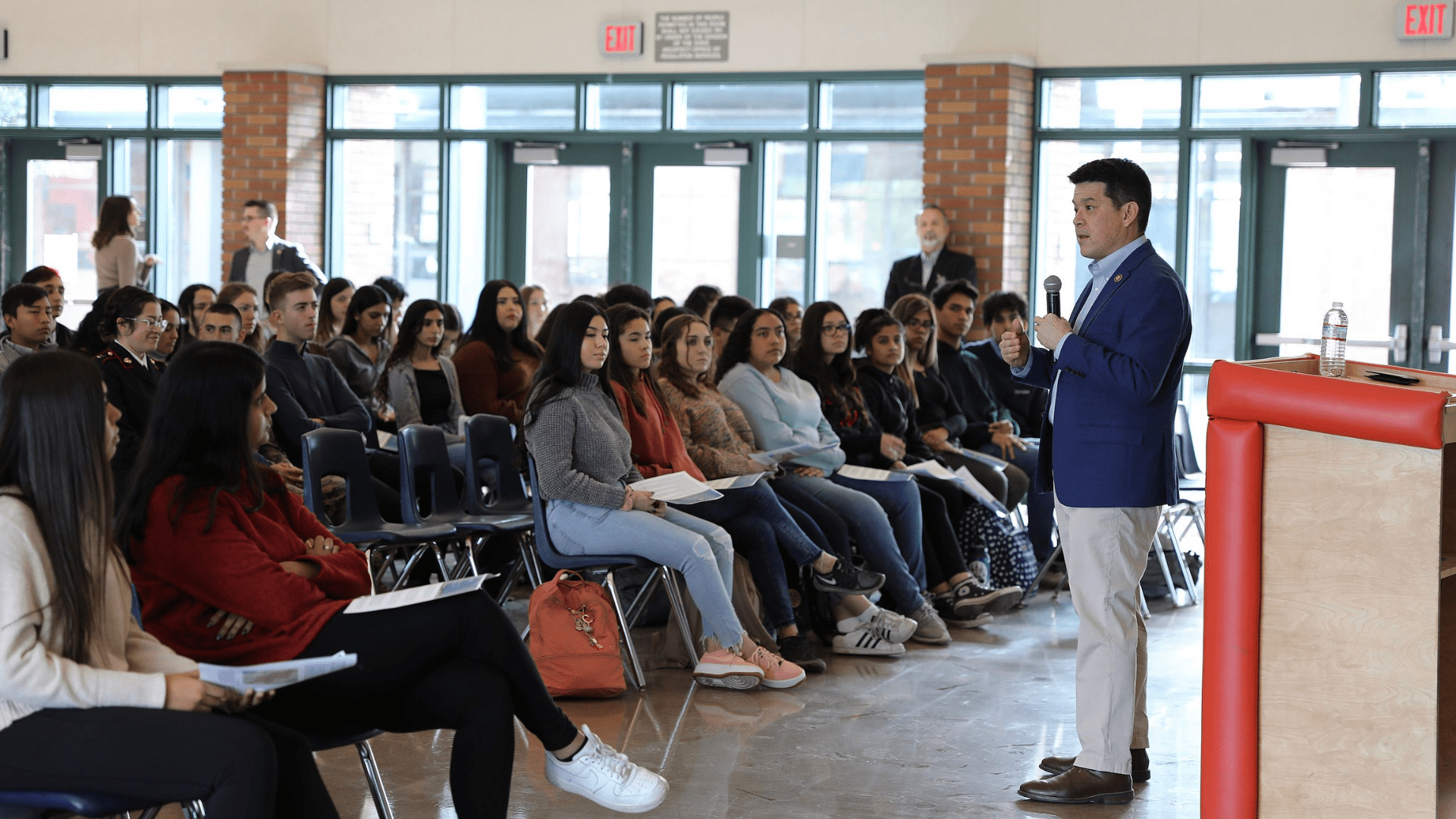
TJ Cox/Wikimedia Commons
Answer:
A) State

TJ Cox/Wikimedia Commons
14. Which amendment speaks to privacy of person?
A) 4th Amendment B) 6th Amendment C) 12th Amendment D) 11th Amendment

Drew Stephens/Wikimedia Commons
Answer:
A) 4th Amendment

Drew Stephens/Wikimedia Commons
15. Which amendment allows women of age to vote?
A) 22nd Amendment B) 19th Amendment C) 13th Amendment D) 1st Amendment
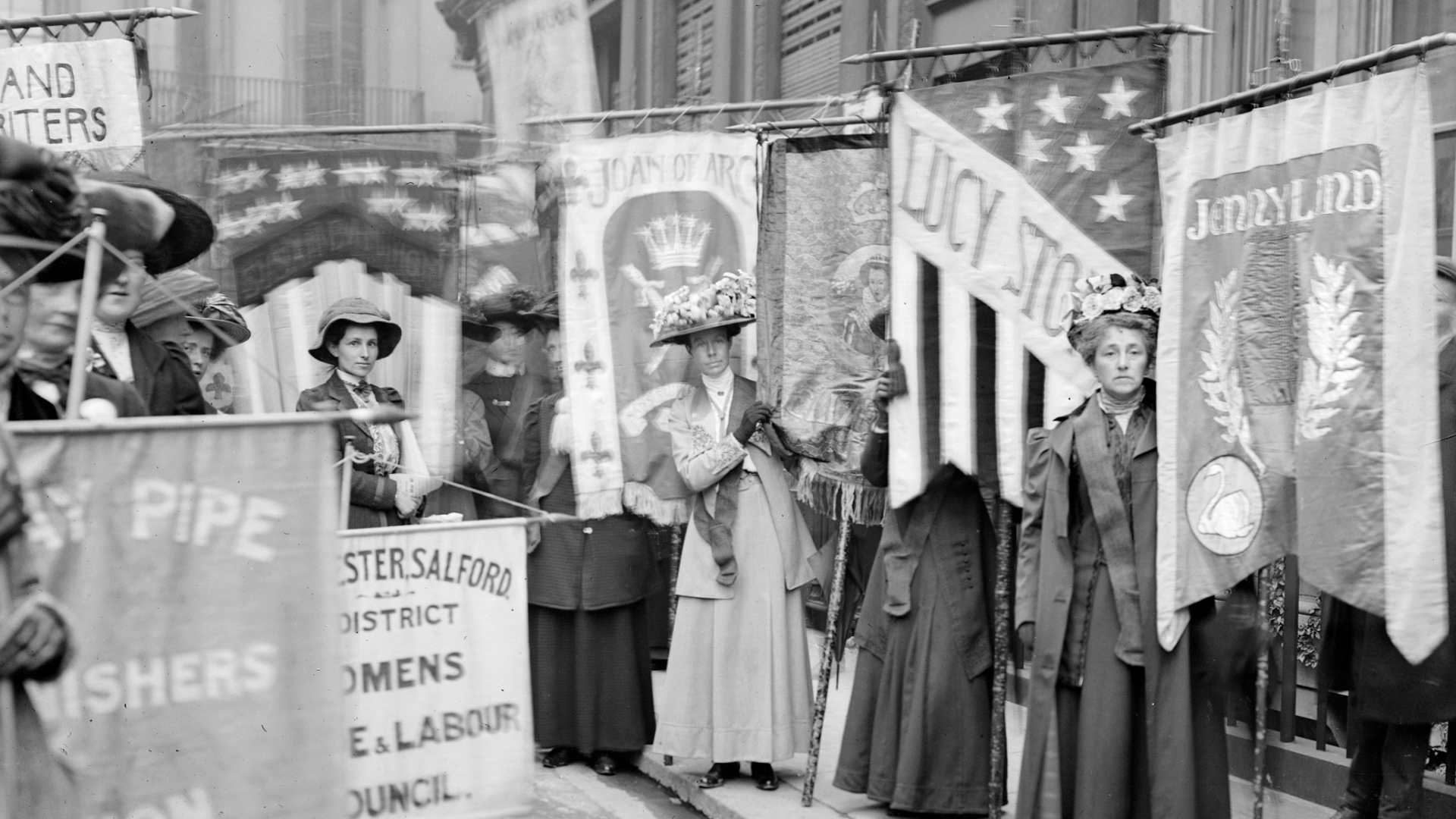
The Guardian/Wikimedia Commons
Answer:
B) 19th Amendment

The Guardian/Wikimedia Commons
